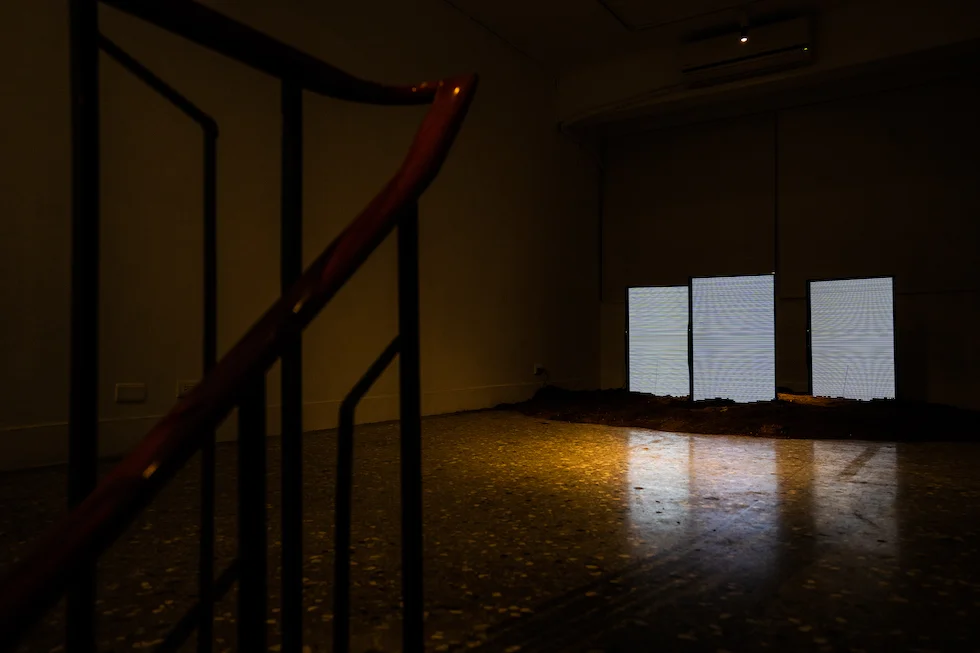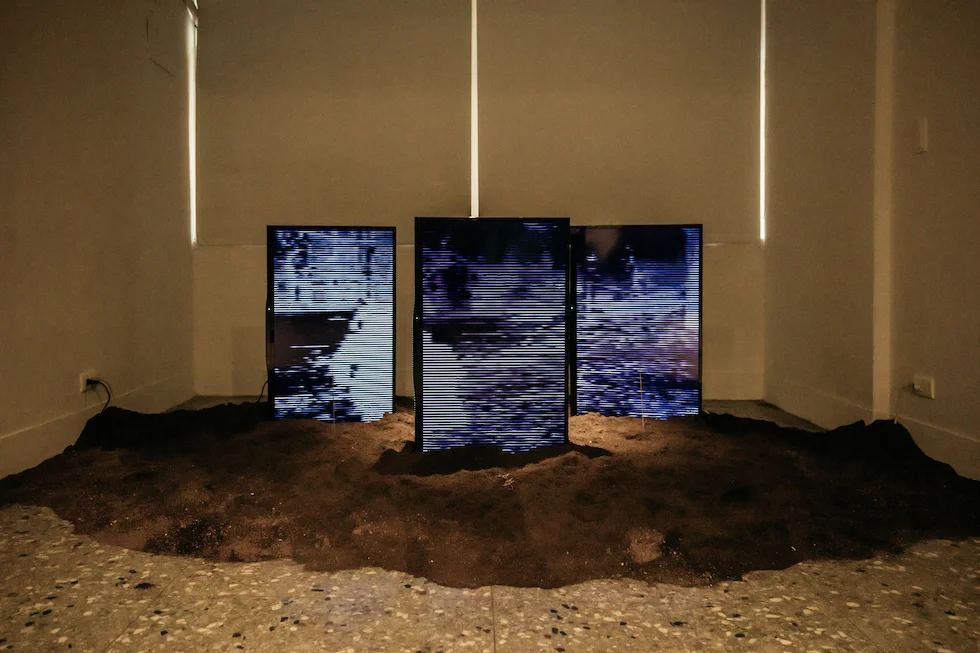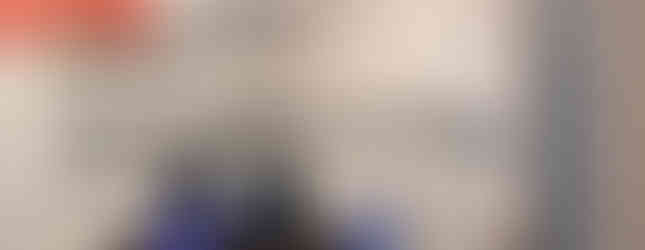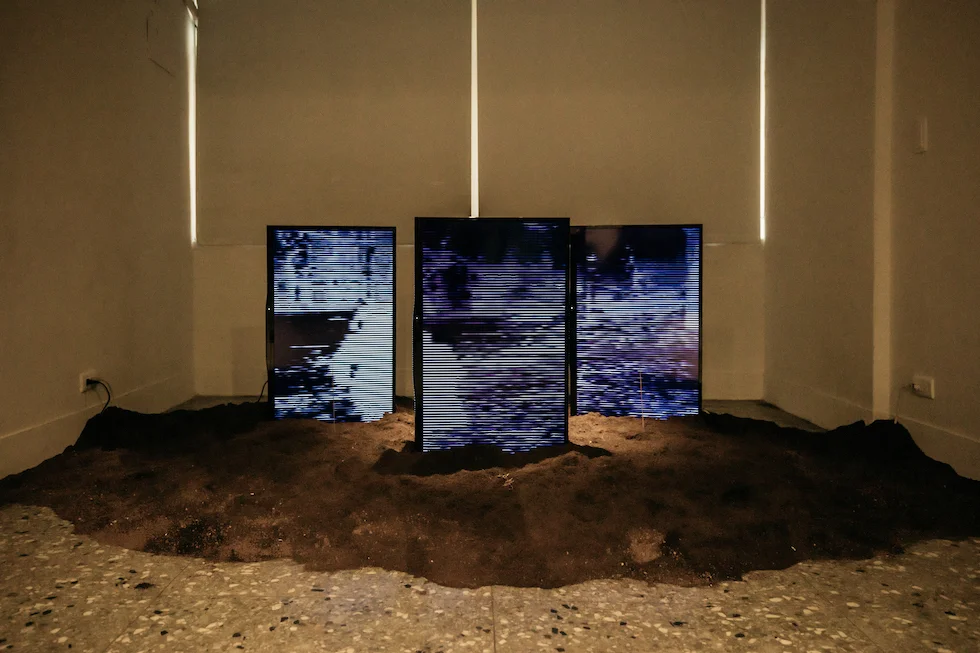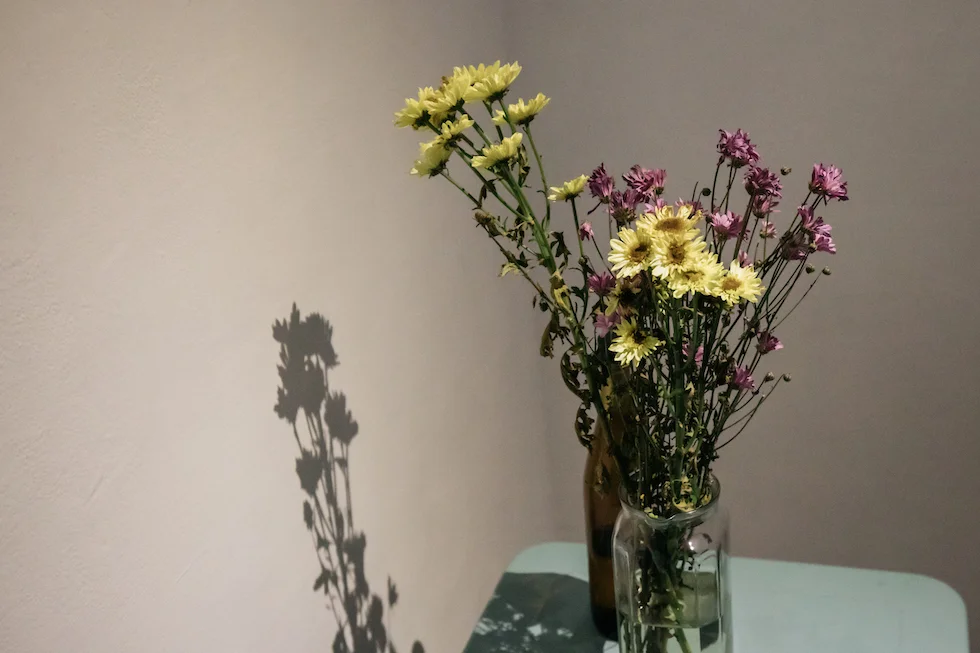政治藝術探索世代衝突的交叉性以及原住民-酷兒的聲音。
透過參與政治和激進主義,Tzu Tung 試圖探索有關身份、作者身份以及藝術的社會政治作用等緊迫問題。
他們探究文化的意義並問「我的文化是什麼?」同時嚴格審查目標受眾是誰、誰可以創作藝術以及誰被允許這樣做。他們思考藝術透過何種語言進行交流,以及藝術是否是現代化的工具,或者相反,是殖民化的工具。
子童也質疑藝術合法性和代表性的基礎,並詢問是什麼決定了藝術家的權威。他們將這些調查置於更廣泛的地緣政治背景中,探討台灣在國際藝術版圖上的地位以及第二次世界大戰�後藝術在全球範圍內是如何演變的。他們的作品挑戰了藝術家的固定角色,不僅質疑藝術家可以扮演什麼角色,也質疑藝術是否真正有用。
他們擴大了這個調查範圍,涵蓋了藝術機構的責任和權力,最終試圖回答一個整體問題:藝術能做什麼?
2018
#Ghostkeepers
The project invites individuals across the globe to share the underrepresented stories of people who passed away due to political violence. It then gathers a group of "Ghostkeepers" -- a group of writers from various corners of the world to create social media avatars of these “ghosts”, simulating the digital resurrection of their spirits. #Ghostkeepers intends to experiment with the process to foster cross-generational, cross-culture empathy.
2016
Writing The Time Lag
Participatory ethnography
The film is a conclusion of Tzu Tung's years of political experience in both Taiwan and America. The director taking herself as an object in the experiment, joined Taiwan’s legislation procedures, election campaigns, organized indigenous movements, gender movements, and a bilingual press. Under the cover of a political activist, she tries to observe the reason for the political fever and furthered her reflection on modernization and its effect on people’s life.
2016
Translation
Artist hand-made book, performance (20 mins)
In Translation, Tzu Tung invites audience to recite from a bilingual book they authored—one side in English, the other in Chinese. The performance reveals the emotional and epistemological dissonance between the two languages, exposing how culture becomes an object of the colonial gaze and how personal narratives are fractured by systems of translation.
























































